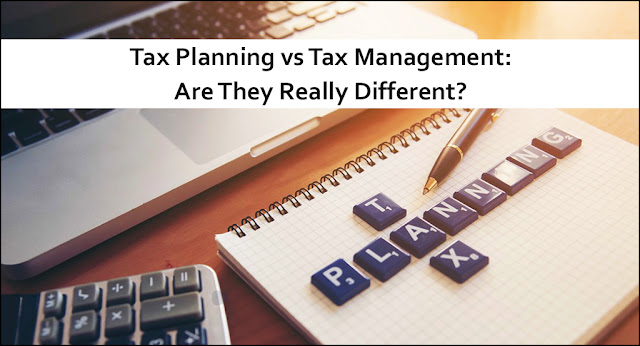Tax Planning vs Tax Management: Are They Really Different?
Taxes refers to the financial charges imposed by the government on the income or wealth of people. Taxes are also imposed on goods, services, or transactions. The government uses taxes to fund the public sector and meet major expenses. Every country has its independent tax system, and failing to pay taxes is a punishable offense. Before discussing the major differences between tax planning and tax management, let us find out more about these terms.
What is Tax Planning?
The activity conducted by taxpayers to reduce the tax liable upon them is primarily known as tax planning. Taxpayers make maximum use of all available allowances, deductions, exclusions, etc., feasible under the law. You can also say that the financial situation analysis from the taxation point of view is known as tax planning. Tax planning services should be a significant part of an individual investor’s financial plan and allow all financial plan elements to deliver tax efficiency. It is also quite critical for budgetary efficiency.
The process majorly involves redirecting taxable money into places such as retirement plans and several other investments, which will help relieve tax liability. Proper tax planning can help organizations and individuals save a lot of money. Tax planning strategies help lock in the funds that would have otherwise been deducted as taxes or contributions. The locked-in money can later be used during retirement.
The service also helps get good returns adding to individuals’ overall financial planning. It is legal and performed as per the existing tax rules. There are several types of tax planning. Let us discuss them in detail.
Full Blog: https://hrmbassociates.com/tax-planning-vs-tax-management-are-they-really-different/


Comments
Post a Comment